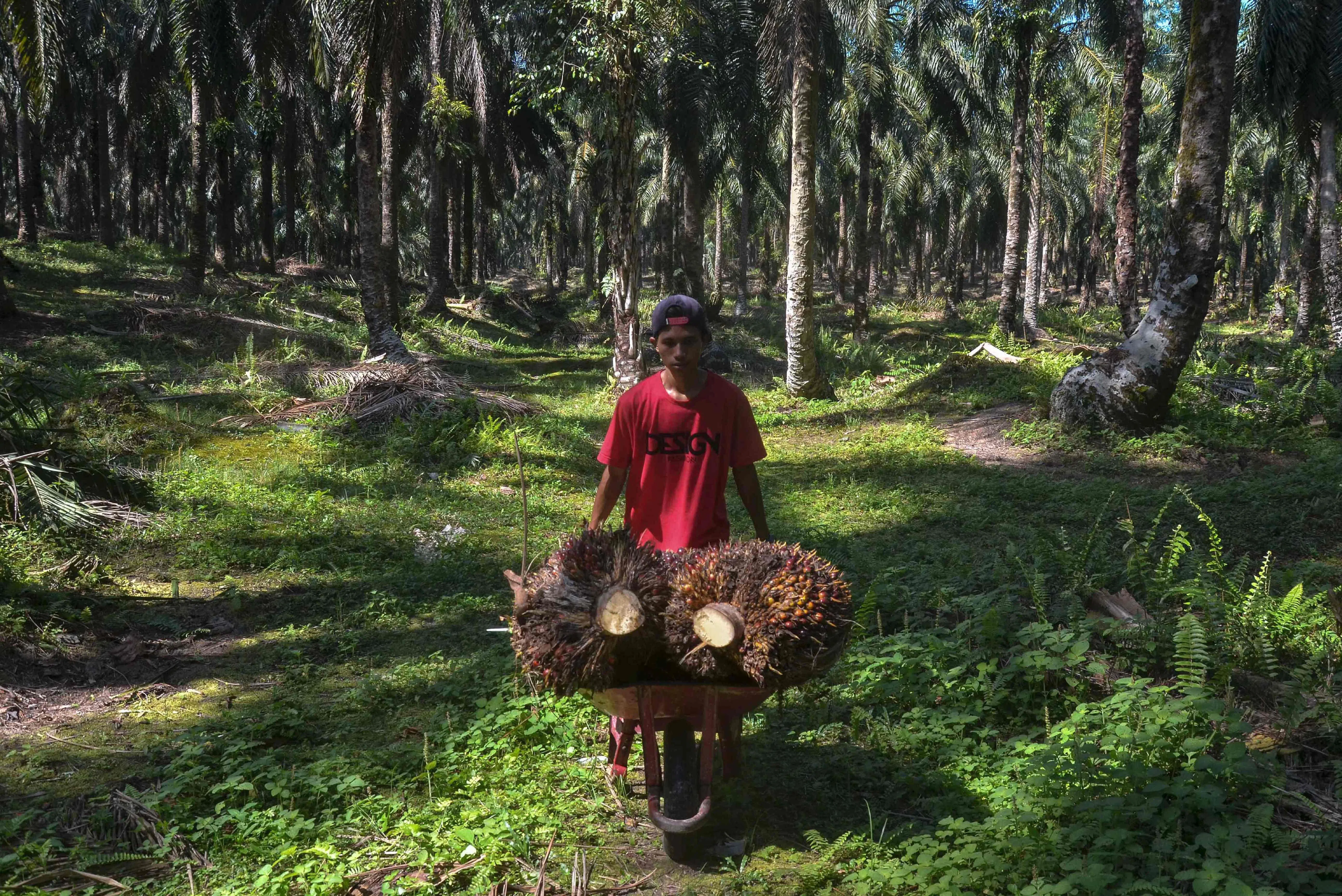[JAKARTA] Indonesia’s bold move to mandate exporters to park all earnings onshore for a full year starting Mar 1 is set to shake up the industry. Critics warned that the abrupt policy shift undermines investor confidence, weakens competitiveness and complicates long-term planning – particularly in cash-intensive sectors such as mining.
Aimed at boosting foreign exchange reserves and stabilising the rupiah, the policy comes as global uncertainty mounts, with fears of cash flow disruptions in the country’s critical commodities sector compounding concerns over US tariff policies.
Coordinating Minister for Economic Affairs Airlangga Hartarto stated that the policy aims to stabilise the rupiah and reduce its volatility, while also giving a significant boost to the country’s US dollar reserves, potentially increasing them to US$90 billion.
Exporters can cash in on their foreign exchange proceeds to cover state levies, taxes and dividends, he added.
They are also encouraged to swap earnings for rupiah and use a specialised deposit instrument as collateral to secure rupiah loans from banks. This new measure will apply to Indonesia’s key commodities, such as coal, palm oil and nickel – essential drivers that form the backbone of the country’s non-oil and gas exports.
To encourage compliance with the policy, regulators are rolling out a suite of incentives, including enhanced banking facilities, cash collateral guarantees and streamlined tax payment processes. Bank Indonesia is also developing new foreign exchange instruments designed to further support and drive adherence to the new requirements.
A NEWSLETTER FOR YOU
Friday, 8.30 am
Asean Business
Business insights centering on South-east Asia’s fast-growing economies.
Unsurprisingly, the policy has faced fierce resistance from exporters, especially in the mining and commodities sectors, who warn that it could severely disrupt cash flows and impede their operations.
Shinta Kamdani, chairman of the Indonesian Employers Association, said the policy will have a domino effect on many sectors and could be counter-productive to the government’s efforts in supporting downstream industries and boosting exports, as companies will need to seek additional working capital loan facilities from banks.
“This will increase interest expenses, and not all companies have easy access to bank loans, as this depends heavily on each company’s credibility,” she said.
Eddy Martono, chairman of the Indonesia Palm Oil Association, stated that the interest earned by exporters from keeping their funds onshore for a year will not be comparable to the interest expenses they incur on working capital loans, which are crucial for keeping their export operations running.
He pointed out that Indonesian banks are offering foreign currency term deposits with annual interest rates of 4.5 to 5 per cent for three to six-month terms, significantly lower than the 7 to 12 per cent annual interest rates on working capital loans.
“It seems that this policy will be effective if the government and domestic banks can provide instruments with returns higher than bank loan interest rates,” Martono said.
For the past two years, Indonesia has enforced a regulation requiring exporters to retain 30 to 50 per cent of their earnings onshore for three to six months – a measure aimed at stabilising the country’s foreign exchange reserves.
Malaysia has implemented similar measures, requiring exporters to repatriate their proceeds within six months of the shipment date. This policy is seen as a non-interest rate strategy to bolster the ringgit, which has faced persistent pressure amid global economic uncertainties.
Alexander Barus, chairman of the Indonesian Nickel Industry Forum, stated that the policy change in a short time sets a bad precedent for foreign investors due to the inconsistency of government policies. He argued that this could weaken competitiveness and reduce investor interest.
“The mining business is one that requires long-term planning and strong cash flow, especially given the current uncertainty from US tariff policies. Certainty is crucial,” he said.
Carrot or stick?
This new policy is another non-interest measure by Indonesian authorities aimed at stabilising the rupiah, which has come under pressure due to the US dollar’s surge following Donald Trump’s presidential victory.
In a move that surprised the market, the central bank recently decided to cut its benchmark interest rate by 25 basis points, from 6 per cent to 5.75 per cent.
However, analysts believe this policy may not necessarily provide the needed support for the rupiah in the short term.
Enrico Tanuwidjaja, Asean economist at UOB Indonesia, said the policy would be more effective if Indonesia’s financial market was more developed, with a wider variety of investment instruments available.
He also emphasised the need for the banking sector to build the necessary infrastructure and for clear regulations to be established, ensuring seamless collaboration between regulators, businesses and banks in managing the inflow of foreign currency revenues.
“A more systematic and detailed set of implementation rules must also be in place,” he said.
Euben Paracuelles, chief Asean economist at Nomura, warned that the policy could backfire, as the one-year requirement to keep export proceeds onshore is significantly longer than the current three-month rule.
He suggested that the government consider offering additional tax incentives, though this approach could increase fiscal pressures.
“An alternative would be for policymakers to use moral suasion to encourage state-owned enterprises (as opposed to all commodity exporters) to repatriate foreign exchange earnings, similar to Malaysia where this has been relatively effective.
“In the short run, it might be difficult to expect this to significantly support the currency when global factors are also becoming less conducive,” he added.






